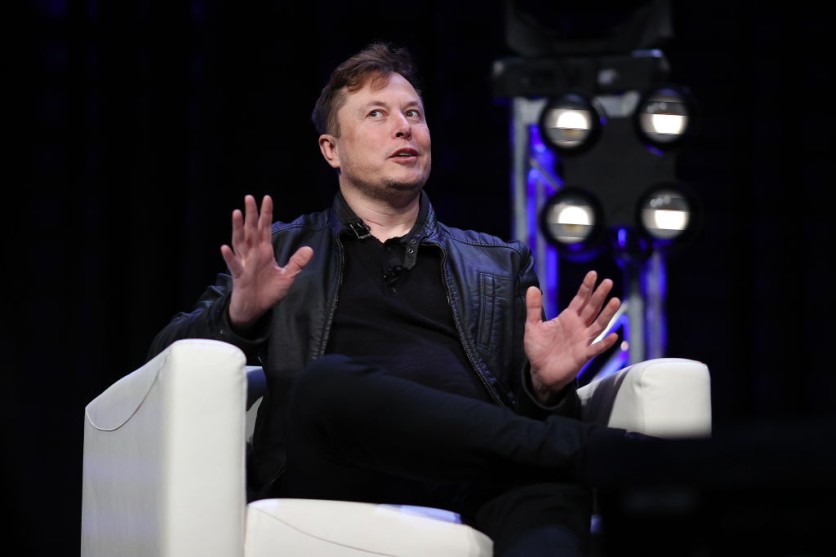A new deep brain stimulation research and procedure from Johns Hopkins Medicine gives hope to people with paraplegia and those affected by movement disorder. It also got noticed by one of the famous tech CEOs in the world, Elon Musk, which also has a company that works on neural functions and aims to answer different health problems with Neuralink.
Deep Brain Stimulation from Johns Hopkins Medicine

Johns Hopkins posted about its recent research and took on deep brain stimulation, and it talks about how it aims to help those with movement disorders and hardships in motor function.
Additionally, its new health technology helps those with the likes Parkinson's Disease, a degenerative disorder of the central nervous system.
A person that underwent the treatment got highlighted in a video posted online, showing how when the device for deep brain stimulation is turned off, he cannot eat a bowl of cereal. However, turning on the device indicates that he can already eat from the bowl without the hardship of not being able to control his limbs and movements.
Read Also : Neuralink's Test Monkeys for Brain Implants Die in Lab But Claims No Animal Abuse-PCRM Disagrees
Elon Musk Notices, But Would it be for Neuralink?
Musk said this video is an "amazing example" of what implanted electrodes in the brain can do for a person, their body, and against the movement hardships they suffer from in their state.
An amazing example of what implanted electrodes can do, even when there are only a few large wires
— Elon Musk (@elonmusk) May 1, 2022
He did not say anything further about Neuralink, but it may be something that the CEO foreshadows, as the deep brain stimulation is near to what the medical company aims to bring to the public.
Neuralink and its Brain Functions
Neuralink is a device that will need surgical insertion for it to bring its functions to the public, and each connection with only a few wires is enough to attain its goal for a person. That is what Elon Musk previously promised, even going as far as promising those with motor problems an answer to their disabilities.
Musk, previously called Neuralink's brain, implants a tiny "Fitbit" in one's skull, and it will have more functions than what a person thinks of the device.
Instead of merely functioning as a health tech device or something that will help the brain function, the brain attachment will help in both aspects and give more to the public, according to the company's claims.
For now, there are many developments in health technology and different takes by medical researchers and entities focusing on bringing new features like this that aims to help those that surely need it.
However, there is no information yet from Neuralink regarding this, especially with the status of its human applications for 2022.
Related Article : Elon Musk Offers Neuralink Job Opportunity to Smartwatch Employees-Will They Work on Morbid Obesity Solutions?
This article is owned by Tech Times
Written by Isaiah Richard
ⓒ 2025 TECHTIMES.com All rights reserved. Do not reproduce without permission.




